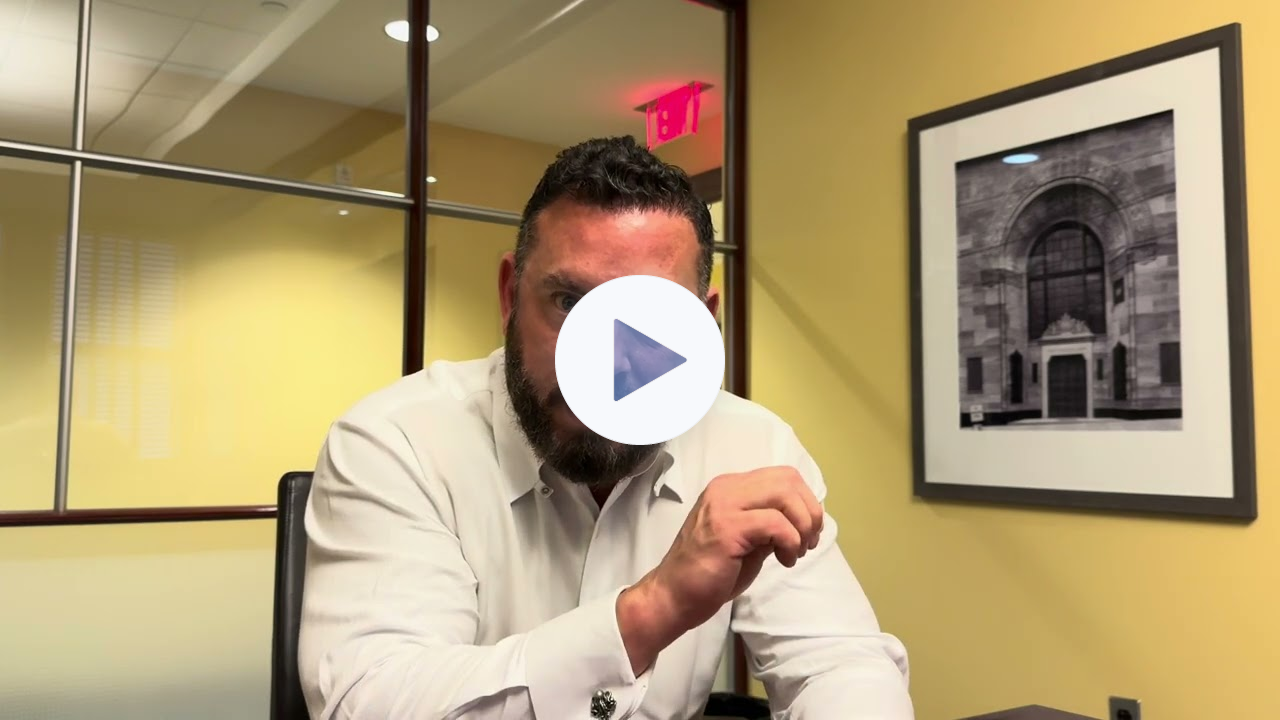⚠️ What Is Medicaid Estate Recovery?
When Medicaid pays for long-term care, it doesn’t do so for free. Every dollar spent is tracked. After the recipient’s death, Medicaid may attempt to recover that money from their estate.
The state often works with third-party agencies like HMS (Health Management Systems) to collect what’s owed. These agencies can pursue repayment by forcing the sale of assets—including real estate—especially if:
- The estate goes through probate (even with a will),
- Or if no protective legal planning was done in advance.
Even if no one in the family opens an estate, the state can do it themselves and begin collecting.
🏠 Why Families Lose Their Homes
Many families who lose property to Medicaid Estate Recovery didn’t do anything
wrong—they simply didn’t have the right legal tools in place. This might be due to:
- A sudden health crisis,
- Lack of long-term care insurance,
- Or an estate plan that didn’t account for Medicaid rules.
Don’t let this happen to you or your loved ones.
✅ How You Can Protect Your Assets
Attorney Greg McIntyre, a North Carolina elder law and estate planning attorney, shares key strategies to protect your assets and still qualify
for Medicaid:
Essential Estate Planning Documents
Start with the basics:
- General Durable Power of Attorney
- Healthcare Power of Attorney
- Living Will
- Last Will
and Testament
These ensure your wishes are honored and your family can act on your behalf when needed.
Work with a Team Who Puts You First
At McIntyre Elder
Law, we’ve helped thousands of North Carolina families protect what matters most. Whether you’re planning for the future or already navigating care needs, our compassionate team is here to guide you every step of the way.





